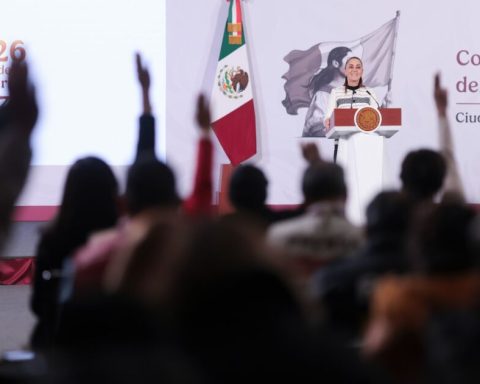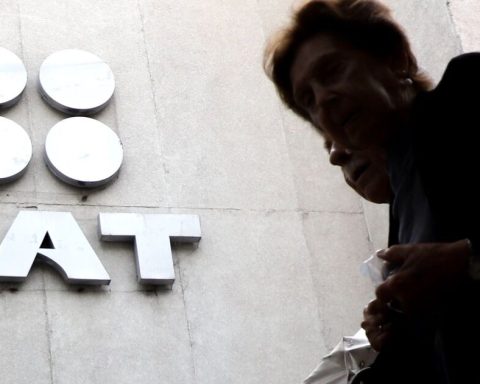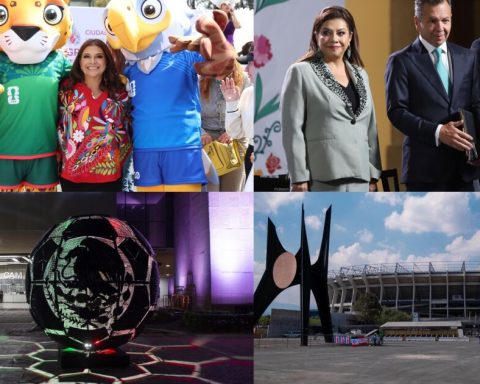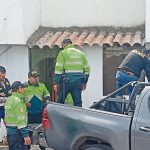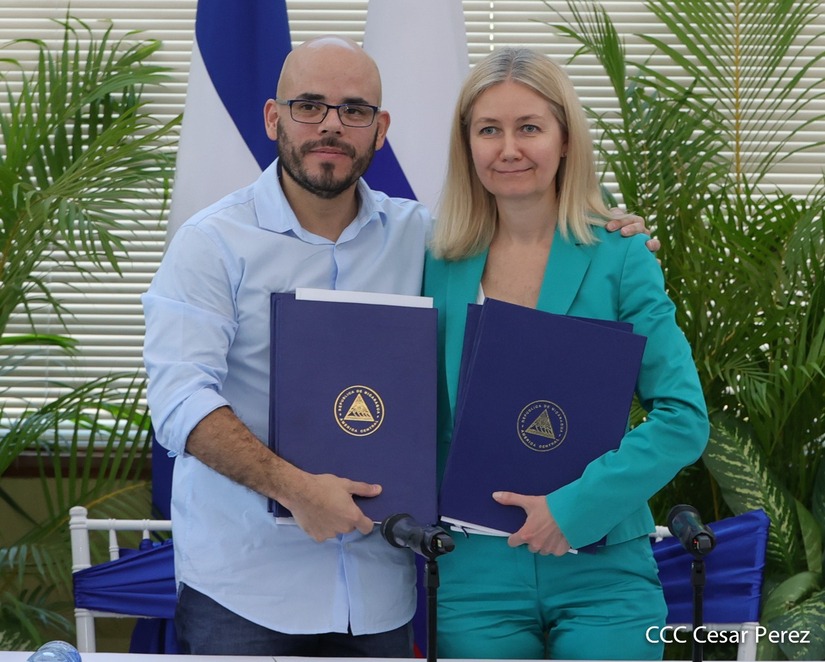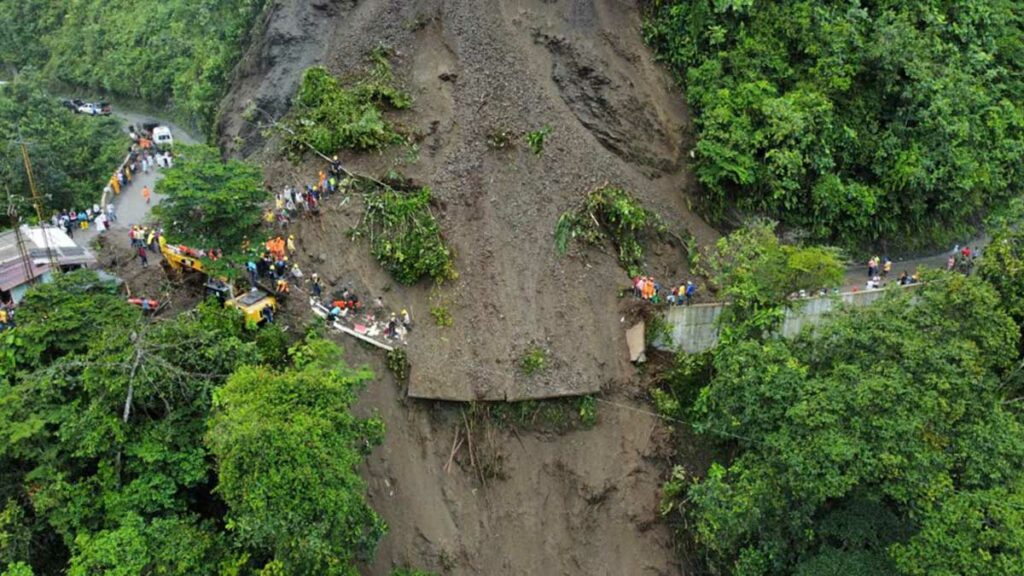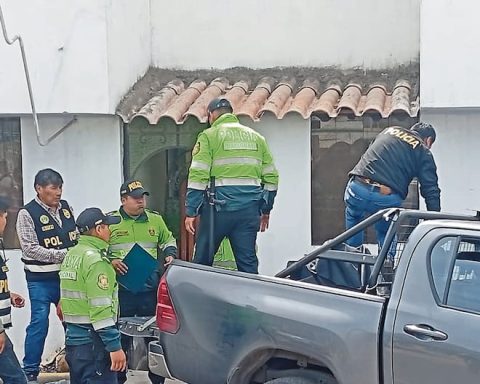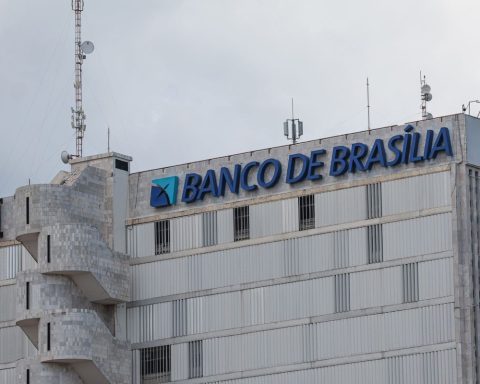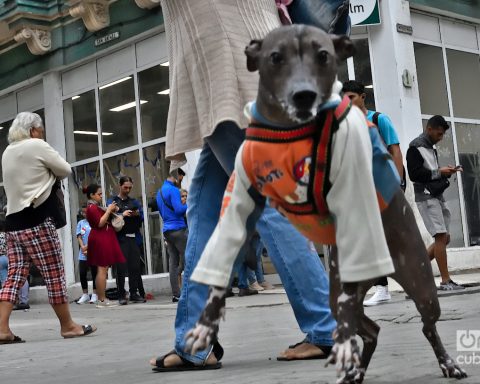AND
listen to the victims of the dirty war is an ethical imperative of the Historical Clarification Mechanism (MEH) of the Truth Commission. The cry for justice that spreads through the cities and the most remote regions of our country keeps dozens of relatives, groups and survivors in the fight. For five decades they have written with tears and blood painful and luminous stories of fathers, mothers, husbands and wives who with great spirit and enormous courage led emblematic struggles in defense of the poorest.
They raised their voices and took up arms in the face of so many atrocities. They challenged power and declared war on it given the impossibility of exercising the free expression of their ideas and promoting autonomous organizations from the impoverished peripheries. They never gave up, despite the fact that the repressive wave devastated entire families and communities. The Army implanted terror and deployed its counterinsurgency strategy to bleed impoverished Mexico.
Kill them and disappear! It was the presidential order. Destroying all signs of rebellion and political dissidence was the nonsense of an authoritarian government. Silencing the discontent and repressing social protests unhinged a political class that deified the presidential figure. They persisted in cleaning up a society avid for change and nourished by revolutionary ideas. With their hegemonic party they insisted on dismantling the organizational processes that were taking place in the indigenous communities, in the ejidos, the universities, the rural colleges, in the factories and neighborhoods. Faced with the empowerment of civil actors, the omnipotent and obtuse power bled the country dry with a dirty war.
The rebellious youth hatched their solidarity networks in hiding, they went back to the mountains to organize resistance and take root in their struggles for equality and justice. They found in the town not only the best ally, the most gratifying thing was that they discovered a great vein of knowledge and forms of community organization that opened new paths to forge a diverse, plural, creative and courageous movement, which inspired their libertarian struggles in the countryside. and the cities.
Knowing the truth of the events that gave rise to serious human rights violations committed between 1965 and 1990 is an old demand that is still alive in the collective memory. It is a battle carried out by warriors and warriors who did not give up, who are in the line of fire and who do not give up to complacent governments. The presidential decree that created the Commission for access to the truth, historical clarification and the promotion of justice is the tangible result of the movement of victims, which has not yielded an iota to find the whereabouts of their loved ones. They have never given up their quest for justice or silenced their cry to demand punishment against the perpetrators. There are no truces or withdrawals; On the contrary, they fight with their hearts first to force the authorities to honor the memory of their loved ones and fulfill their commitments to find their whereabouts.
The movement of victims is part of the intangible heritage of dignified Mexico, of the indomitable, robust and creative memory that has inexhaustible sources. The memories of their loved ones are clear in the hearts and minds of families. Nothing is forgotten, all the details are current: the places where the rebellion hatched, the safest paths to evade the government; the sacred hills to ingratiate themselves with the cosmic forces; entrenchment on the highest peaks to defend against enemies; the ravines demonized by the colonizers, as the most intricate paths to shelter and move.
In this merciless fight that the armed organizations carried out, they found a roof in which to take refuge in poor families; a stove where you can eat tortillas from the griddle, a dirt floor to rest and sneak away. Local stories have been relegated, dusty over the years. Its protagonists are still missing. The people executed, in addition to the fact that their relatives do not find justice, suffer the contempt and ridicule of the repressors. Their names are demonized and their last names stigmatized. The cacique version of outlaws, kidnappers and cow stealers predominates, of men and women who with their courage and heroism offered their lives to break the chains of exploitation and opprobrium.
As a country we have not heard the cry of the victims. His clear and lively narratives, his picturesque chronicles. The anecdotes that revive the memory of the fallen. In the corners of each house there are photographs, newspapers, their equipment and memorabilia that speak of the great deeds of local heroes who have been immortalized in corridos.
The MEH’s commitment is to recover the voices silenced, relegated and stigmatized by authoritarian governments. Listening to the victims is a very demanding mission. It requires full availability to give them a prominent place. It is a huge task to listen to those who lost their parents; to know the testimonies of the families that were displaced, of the people who were tortured and who were imprisoned. Address the voices of family members who have not ceased in their struggle to find their loved ones. Listening requires an attitude of openness and willingness to recognize the truth of those who have been confined to oblivion, who are discriminated against for expressing themselves in another language and for being carriers of other cultures.
The listening process is to build a powerful narrative from the centrality of the victims. The dialogues for the truth are to open the microphones to people who have not had the opportunity to speak publicly; who because of their color, ethnic origin, sexual preference or religious beliefs have been despised and vilified. As MEH we are committed to understanding the truth of who we are as a diverse nation, with deep inequalities and within a context marked by violence and impunity. We have proposed to start these dialogues for the truth in Guerrero, in order to recover all the voices and exalt their great contribution to social transformations. As members of the MEH it will be a great honor to listen to the survivors, family members and collectives on December 9 and 10 (Human Rights Day) in the city of Chilpancingo.
* Director of the Tlachinollan Mountain Human Rights Center

